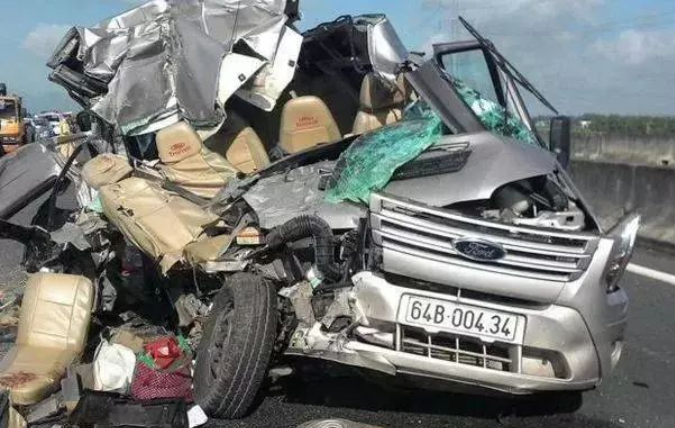Elevator as our daily life must transport, because of its public attributes, even a very small non-accidental failure can cause the public and the media great concern!
It can be said that the fear of elevators or elevators as our daily hot topics is largely due to the media’s reckless rendering, so what “frightening moment”, “elevator eating people”… …and other headlines once became a hot “buzzword”, for the elevator can be said to “feel honored.
Compared with cars and airplanes accident probability, death rate, elevator accident casualty rate is high? Or is it low? How can we look at elevator accidents objectively?
We look at the truth through statistical data, how low the incidence of elevators in the end with factual data to speak, and abandon the “low accident rate” subjective assumptions.
Although airplanes have the highest safety factor, once they break down, the death rate is extremely high.
It can be seen: compared with cars and airplanes, elevators have the lowest accident rate and death rate, and can be said to be the safest transportation in the world.
According to the Technical Standards and Safety Authority, Ontario’s elevator regulator, six people have died and 1,225 have been injured in elevator incidents in Ontario over the past six years, 69 of whom have suffered permanent injuries.
The Bureau’s data show that the number of elevator incidents more than doubled between 2011 and 2016, with an average annual increase of about 14 percent. Serious injuries have increased by about 8% per year.
It is reassuring to know that elevators in Ontario are generally safe, and fatalities and serious injuries remain rare. Still, it is alarming when accidents occur in elevators that people take for granted to be safe.
Some accidents are caused by elevators failing to align with the ground, causing riders to fall. There are also problems with improper maintenance and failure to comply with regulations. However, 75 percent of incidents are attributed to “user behavior. For example, distractions from riding the elevator or trying to prevent the doors from closing.
Between 2008 and 2016, TSSA officials inspected a total of 2,942 elevator incidents across Ontario. The actual number may be higher because some incidents were not reported.
However, TSSA said the odds of dying from a car ride are 800 times higher and the odds of dying from an airplane ride are 35 times higher compared to a death from an elevator ride. So, this may be a little comfort to those people stuck in the elevator.
At present, China has nearly 7,097,500 elevators, and in 2019 there were 33 elevator accidents and 29 deaths, so you can see that elevator accidents and fatalities are decreasing every year, and then compared to the number of 7 million elevators, you can say one thing: the safety factor of elevators is very high!
Then the question arises: Why do people always “nitpick” about elevator safety? Is it because the elevator accident rate is so high that it is daunting to look at the “ladder”?
First, although the elevator as our daily transportation, the general public on the elevator safety knowledge is very little, at least active learning is rare, so the call for regulatory bodies and society to increase the popularity of elevator safety knowledge.
Second, due to the rapid growth in the use of elevators in China in the past few years and the development of the industry there are “bad money expel good money” “low-price competition” and other shortcomings, so that the quality of elevator production, installation and maintenance lags behind.
Thirdly, some “bad” media and headline parties have little understanding of the basic knowledge of elevators, and in order to attract attention and gain clicks from netizens, and people know little about elevators, resulting in blind reports of some elevator accidents, and even rumors.
Fourthly, there are other reasons, such as the fluke mentality of passengers (e.g. carrying large pieces of luggage and wishful thinking that it is safe to take escalators).
To sum up, the elevator will be recklessly rendered as a “beast” should not be in line with the actual situation, or at least “selective” exaggeration of the truth.
Post time: Jan-09-2023
![富吉-[LOGO]-105](https://www.fujisj.com/uploads/a78ec670.png)




